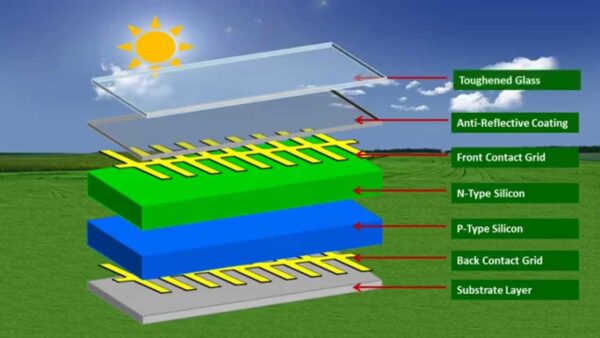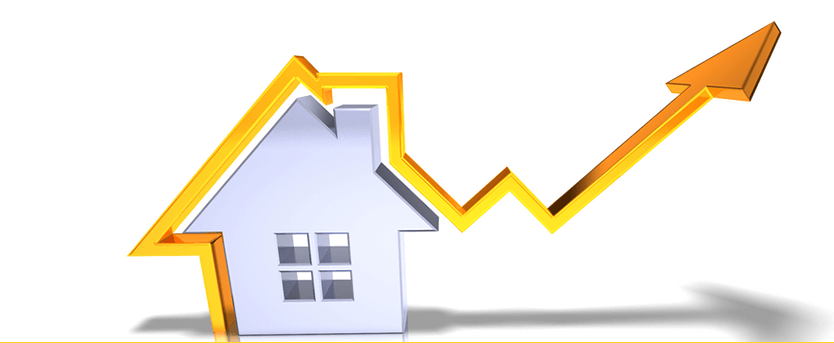Have you ever wondered about the science behind how the sun’s energy makes the water in your kettle boil? Or how it heats your radiators, warms your water for showers, or runs the electrical appliances in your home?
It’s an interesting process and one that more and more Americans are switching to.
While the current percentage of United States’ homes with solar panels is still low, a significant percentage of homeowners say there are seriously considering the switch to solar. Of course, there are many benefits of solar panels (which we will consider further later).
First of all, let’s answer the scientific question: How do solar panels work?
How Do Solar Panels Work?
Solar panels, most often installed on home’s roofs, are comprised of a number of different components. At the heart of solar panels are silicon cells, which are also known as photovoltaic cells. In addition, solar panels are comprised of a metal frame, glass casing, and wiring.
The reason that solar panels are typically installed on a home’s roof is due to the fact that, here, they receive unobstructed access to the sun’s rays during the day. Each of the aforementioned silicon cells works as a semiconductor that has two layers, one which is charged and one which is negatively charged.
When hit by photons from sunlight, these cells are energized, thus creating an electric field. In the semiconductor wafer, loose electrons are set into motion. This creates an electric current.
Another piece of equipment that we need to mention is an inverter. This works by converting the direct current electricity that is created into alternating current electricity. It is this electricity that homeowners use to power their homes and boil their kettles.
What Are the Benefits of Solar Panels?
Why solar panels in the first place, when you are already getting electricity from the grid? Well, there is a range of good reasons. For starters, over the course of the lifespan of solar panels (around 25 years), homeowners stand to save thousands of dollars on their energy bills.
There’s also the opportunity to actually earn money with solar panels, by selling excess electricity back to the grid (this is called net metering). Another great reason to make the switch to solar panels is the environmental benefits. Solar energy is clean, renewable, and abundant, compared to non-renewable energies such as coal and oil.
If you are looking to make the switch to solar energy in Asheville, North Carolina, your No. 1 choice is Blue Raven Solar.
Discover the Benefits of Solar Panels for Yourself
Solar energy is the future and now is the perfect time to invest in solar panels. Thanks to recent technological advancements, solar panels are highly efficient and affordable, while supporting the environment and reducing your home’s carbon footprint. Choose home solar panels today; you won’t look back.
Did you like this blog post on how do solar panels work? Be sure to check out our other interesting articles on the rest of our blog today.





